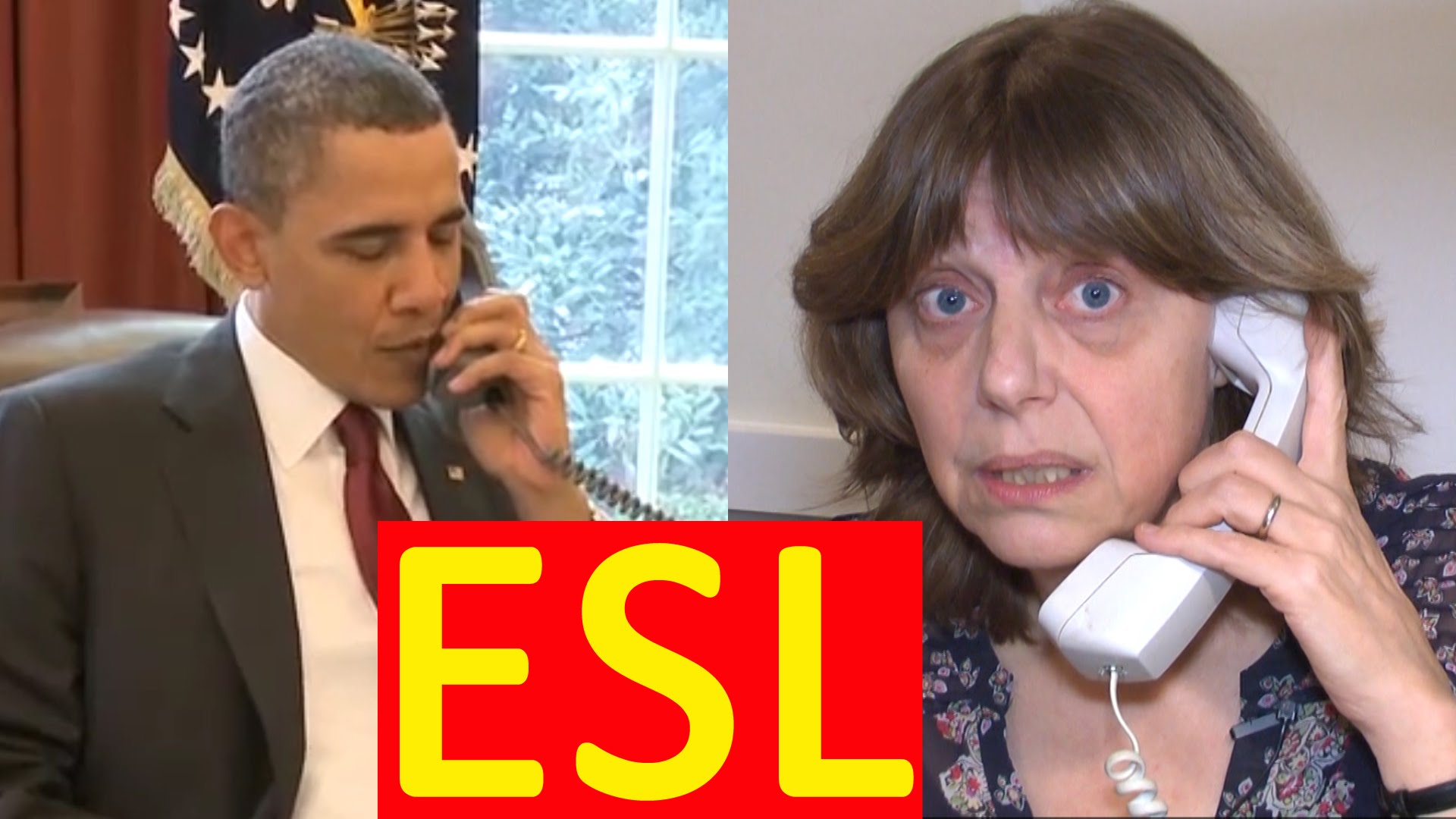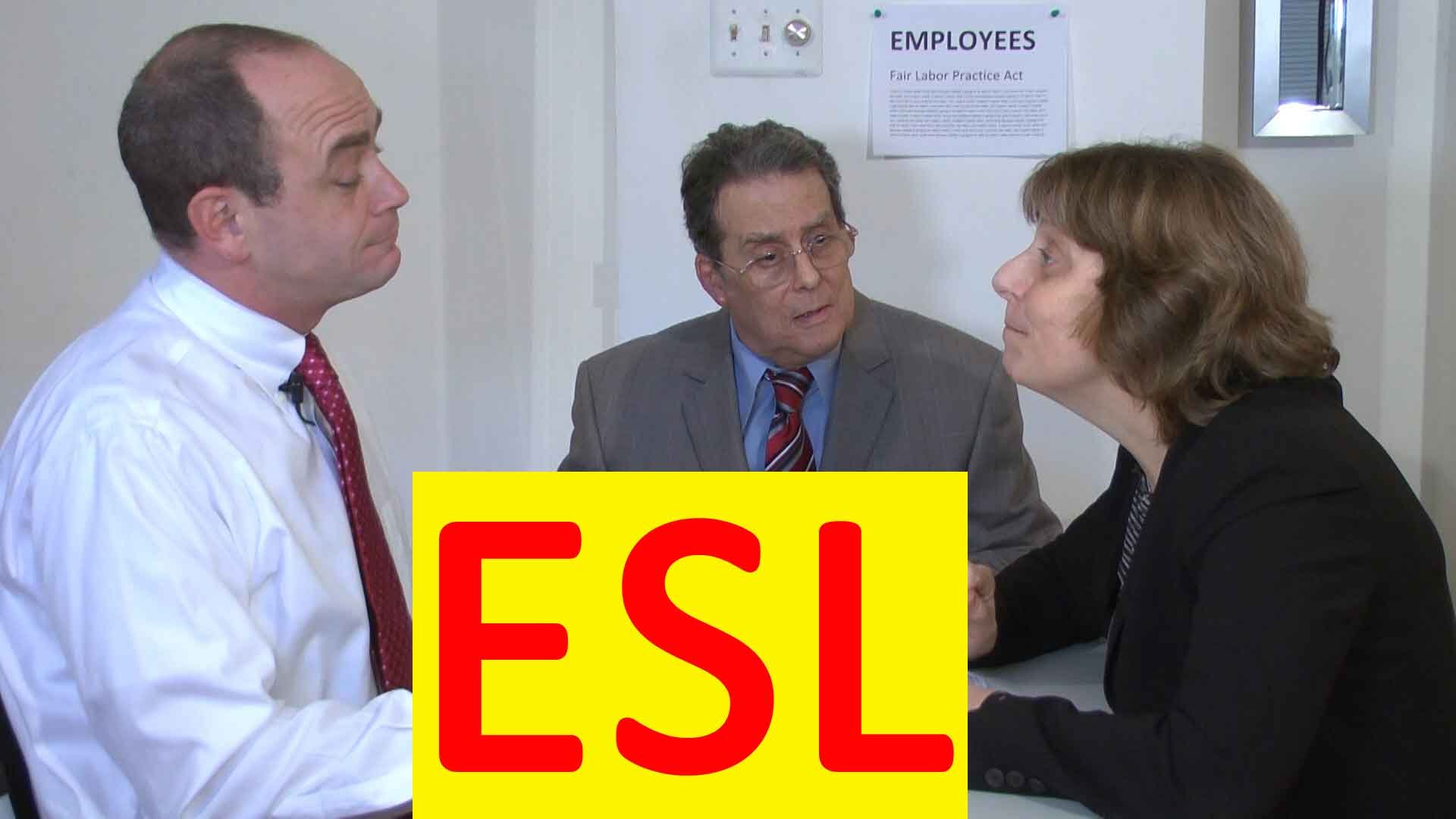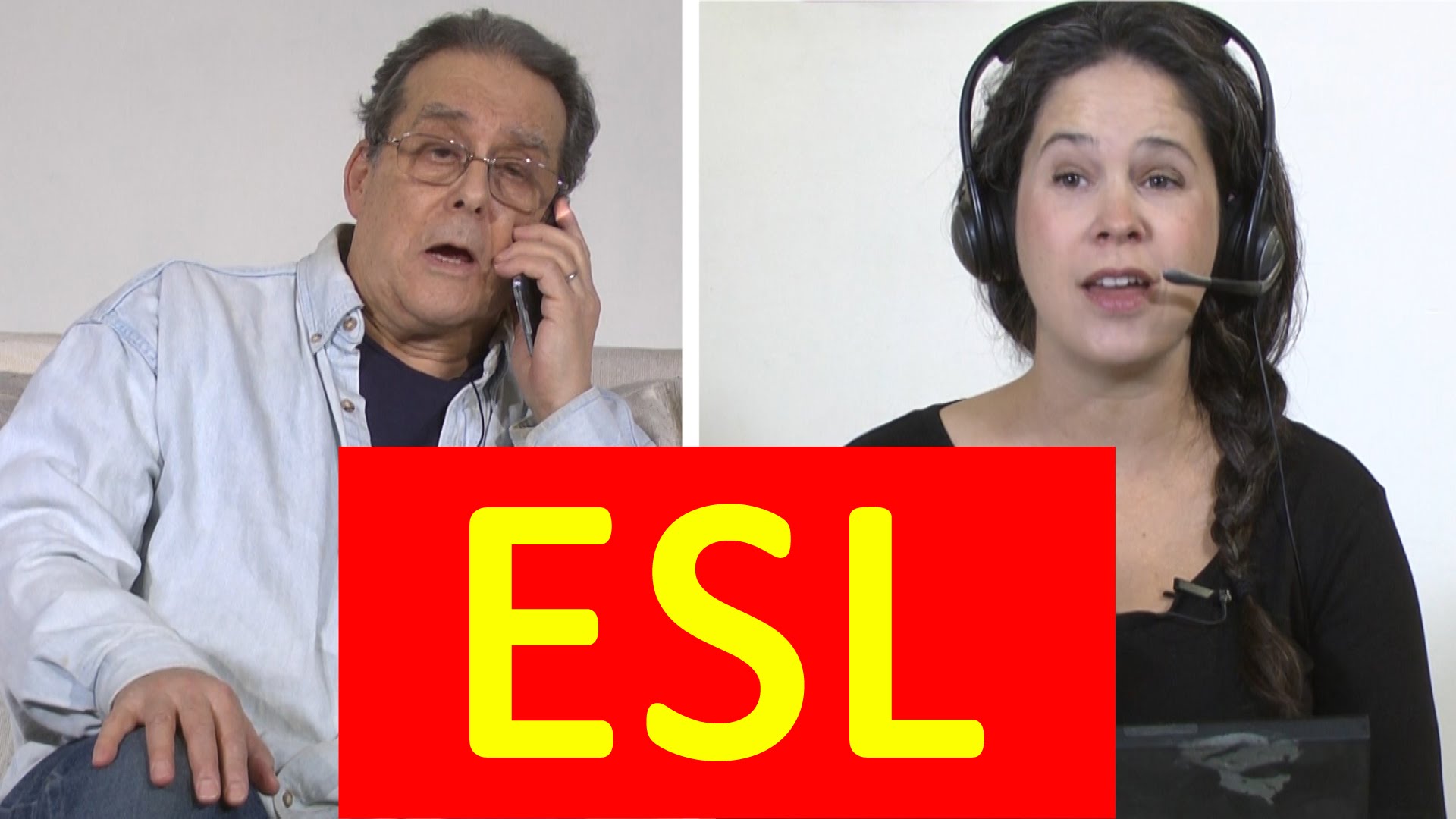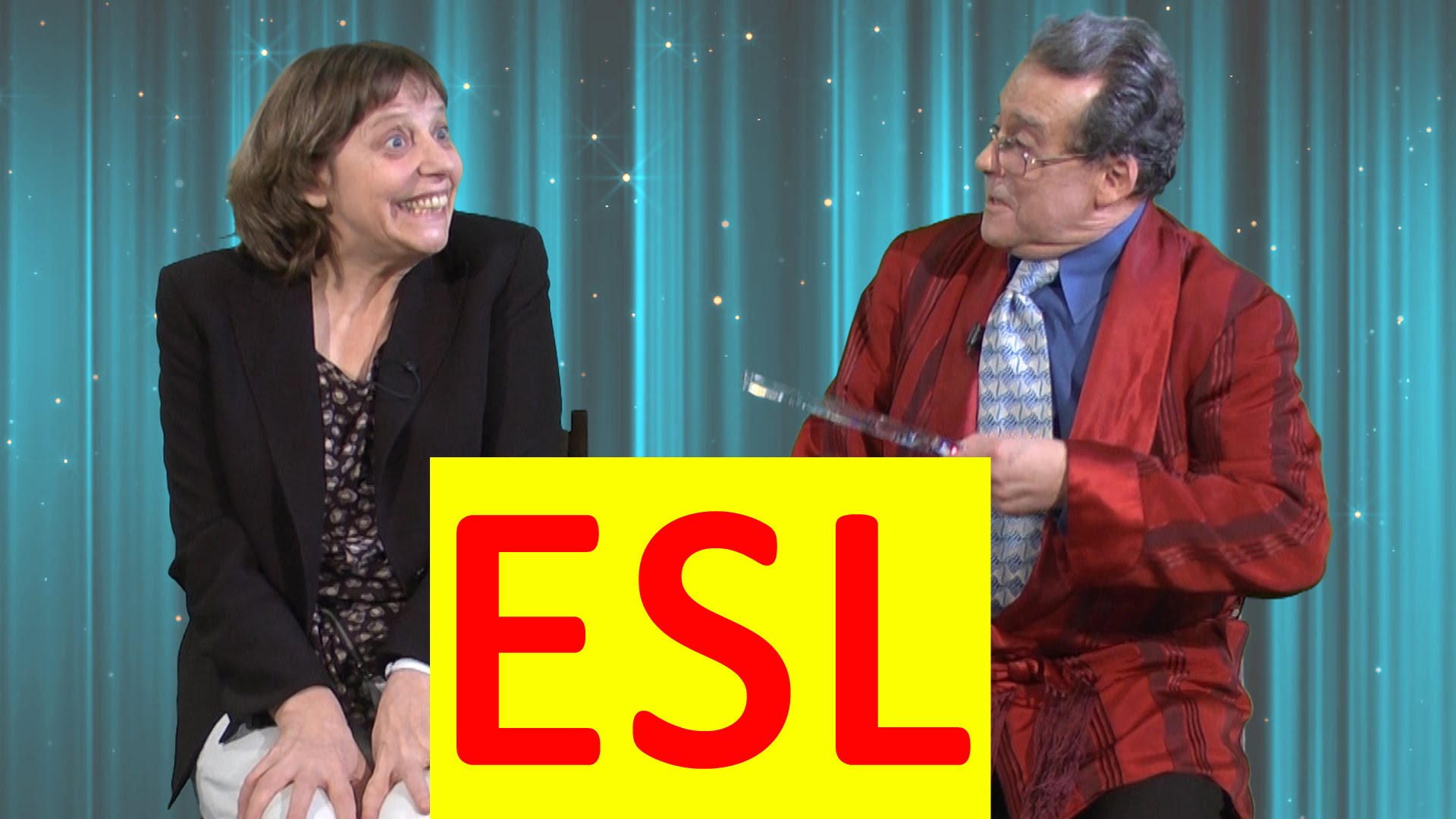
British Abbreviations. Learn about English short forms
There are abbreviations in British English that Americans don’t use – words like brolly and chippie. I wonder if you know them? This video is about some differences in British and American abbreviations and you’ll learn some common British short forms. We made this video after the collaboration we did with other ESL YouTubers for the World Story-Telling Day Project. Click here to see the story we made for World Story-Telling Day Click here to learn










